Artwork by Melissa Horn at vintagenoirgalleries@gmail.com
In this new era of technology, we look toward the future, and imagine all the wonderful ideas we have seen in movies and in books that are becoming today’s reality, with Artificial Intelligence (AI) immerging as main stream. In just a few short years we have gone from just imagining AI to many products and service now being designed and made by AI. Now in this new age of technology these dreams are coming true.
Government and NASA have also implemented AI in their research and development. In our race to space exploration AI has advanced our efforts to making that a reality in the next couple years. As a society, we are about to embark on a great journey that humanity has dreamed of for thousands of years. Since the dawn of humanity, we have looked to the stars, hoping to someday live amongst the infinite beyond.

What Is Artificial Intelligence
Artificial Intelligence (AI) provides computer thinking systems which offer automated processing, analysis, presentation, comprehension, and approximate conclusions of complex data for science, industry, finance, government, military, healthcare, infrastructure, and other areas.
Artificial Intelligence is computer simulated thinking and problem solving. The machine is programmed to perceive its environment and take action to achieve its goals. AI uses machine learning algorithms and software to replicate or mimic human cognition characteristics and thinking processes. It recognizes patterns in behaviors and creates its own logic. The algorithms learn exclusively from the input data and from experience, then it does what it is programmed to do. Algorithms can predict sequences, but offer no comprehension of the logic behind its decisions.
AI does not, and cannot, fully function as the human mind. According to computer science and artificial intelligence pioneer Alan Turing, “Computers are limited to algorithms, humans can do non-algorithmic computable things. Computers are fast but not more intelligent.” It is a mistake to attribute understanding and creativity to mechanical algorithmic machines.
Companies developing Artificial Intelligence include: Amazon, Apple, Google, Microsoft, IBM, Intel, Facebook, X-Twitter, Deep Mind, Siemans, and many others.
Artificial Intelligence uses several cognitive applications, such as:
- Machine Learning – computer algorithms that automatically self-improve through experience, models that make predictions or decisions without being programmed to do so.
- Natural Language Processing – software application to process and analyze natural language data and speech recognition.
- Optimal Character Recognition – electronic conversion of images into encoded text, used for date entry, scanning images and documents
- Computer Vision – gaining high-level understanding from digital images or videos.
- Artificial Neural Network – a computing system model of biological neural networks. Artificial neurons signal and interact to process input and output data.
- Robotic Process Automation – business process automation technology that integrates different applications for robotic machines to perform multiple tasks.
Artificial Intelligence Applications:
- Computer: voice recognition, face recognition, GPS, virtual reality, language translation, cybernetics, brain computer interface.
- Industry: robotics, nanotechnology ,smart materials, sensors, systems integration, diagnostics, logistics, manufacturing, transportation, communication, supply chain, self-driving vehicles, machine learning, waste management, material handling, traffic control, oil and gas exploration, 3D printing, health and safety, environmental management, electrical distribution, utilities.
- Business: planning, monitoring, accounting, job search, marketing, product development, customer service, data mining, publishing.
- Medical: diagnostics, screening, therapy, treatment, radiology, neuroscience, drug development, telemedicine, cancer therapy, gene therapy, nanomedicine.
- Security: cybersecurity, surveillance, fraud detection, military, law enforcement.
- Media: imaging, design, film, music, graphics, gaming.
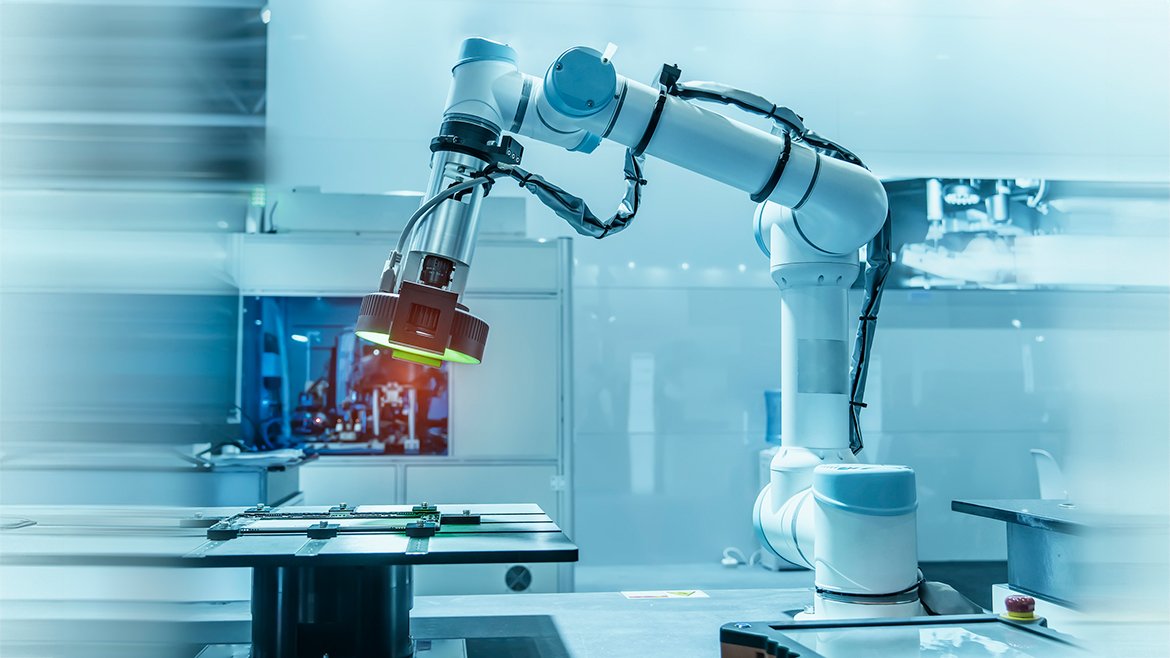
AI in Business
AI has taken industries by storm with 73 percent of USA companies using AI in some capacity in their business. One of the most popular trends is called Generative AI, which has the potential to generate trillions of dollars in value across many industries worldwide. AI is quickly transforming how we live and the business landscape in which we work. When ChatGPT and other text and image generators became accessible to the general public, it was widely used and adopted by business teams internationally.
Hundreds of AI tools today allow us to create content faster, translate between languages, and populate search engines. It is changing how we communicate with each other, whether it is between friends or between the media and the general public. Another trend we see is workplace productivity, AI can speed up and enhance how we work. In particular, it automates time consuming or repetitive tasks like inputting data in a spreadsheet, writing an outline for a business plan, or controlling quality at a manufacturing plant. For those that may be concerned about AI replacing jobs, this technology is often simply acting as a tool for automating repetition, leaving humans room for emotional intelligence, moral judgement, creativity, and inspiration.

Multimodal models in AI can grasp information from different types, like audio, video, and images, in addition to text. This technology is allowing us to set up content creation tools that integrate easily into other applications we already use.
AI in Science & Healthcare
AI offers any benefits for science and healthcare, it has dramatically accelerated the pace of scientific discoveries.
Researchers, such as those at Microsoft, are now using AI to build tools to predict weather, estimate carbon emissions, and enable sustainable farming practices. Chatbots are helping farmers in agriculture and medical professionals diagnose patients. These steps can accelerate scientific discoveries and medical breakthroughs. AI has become an in-demand skill for computer science professionals.
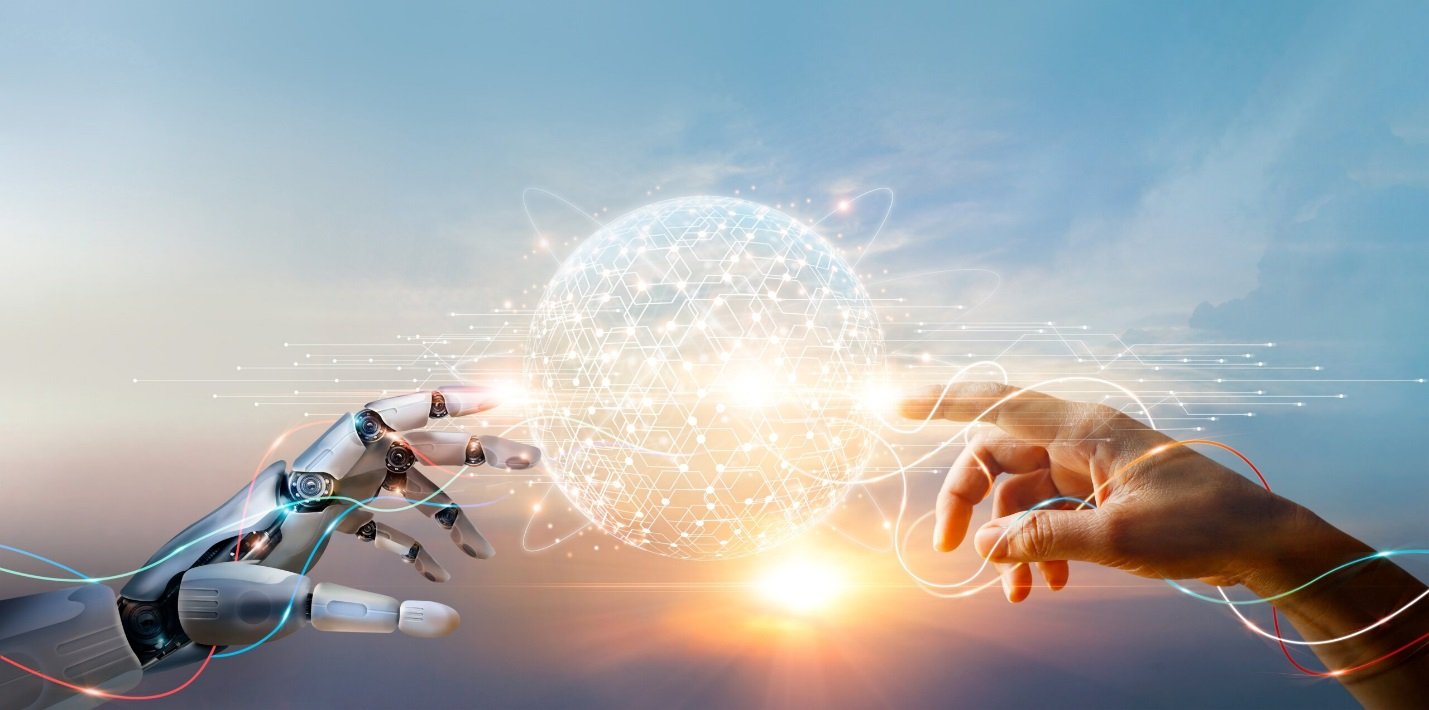
The Royal Society in partnership with Google Deep Mind is cohosting the first AI for Science Forum. This event in London brings together the scientific community. They are coming together to discuss the transformative potential of AI to accelerate science and the role of private and public partnerships in innovation.
AlphaFold 2 Model
Experts have described protein folding as a great challenge for decades. In 2022 Google DeepMind shared the predicted structures of 200 million proteins from their AlphaFold 2 Model. Previously it took up to a year to make a 3D structure of a single protein. This new model can make it is minutes.
Few things have held more mystery all through history. The human brain has been a mystery to us. Developed over ten years of connectomics research, Google partnered with the Lichtman Lab at Harvard, to map a tiny piece of the brain to a level of detail never previously achieved before now.
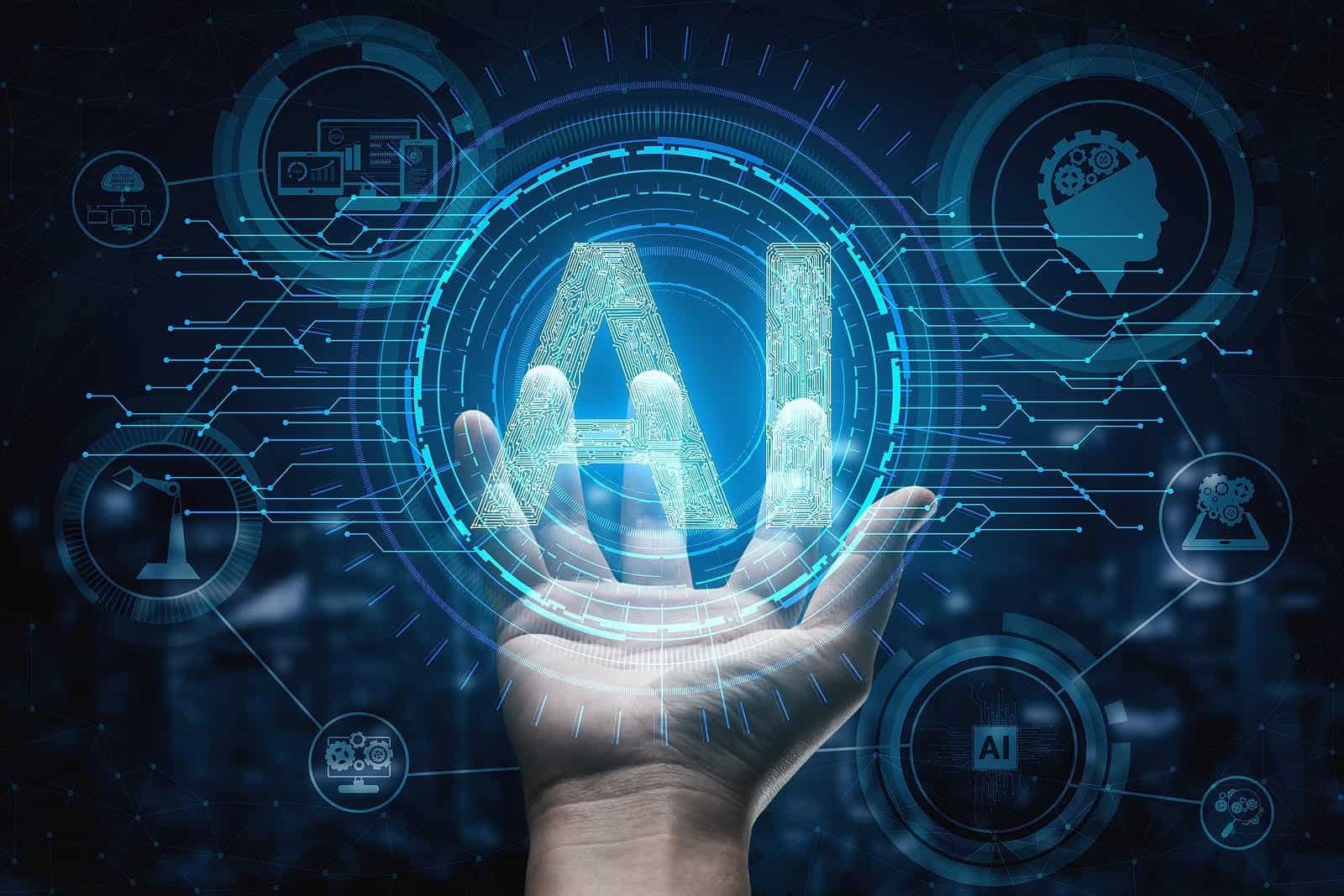
This project released in 2024, has revealed new areas of the brain we never knew existed. The AI program has mapped out each cell in detail showing us a new perspective of our mind. That will lead to a new era of medicine and the way we look at health. This information has been made public to ensure the availability to the world.
Forecasting Natural Disasters
Google’s flood forecasting project began in 2018 and they can now predict up to five days to warn the public before a flood or natural disaster. That is great news for the many of people it could save and evacuate before the waters and the storms hit land. In 2024 Google Research expanded this coverage to 100 countries and 700 million people worldwide. Now the accuracy is seven days before the storm hits. This could offer a new way to predict the weather.

Wildfires continue to spread around the world. In 2024 Google came together with the U.S. Forest Service to develop FireSat, an AI model and new global satellite constellation designed to detect and track wildfires the size of a classroom by providing higher imagery within 20 minutes, giving time to put out the fires or evacuate the area.
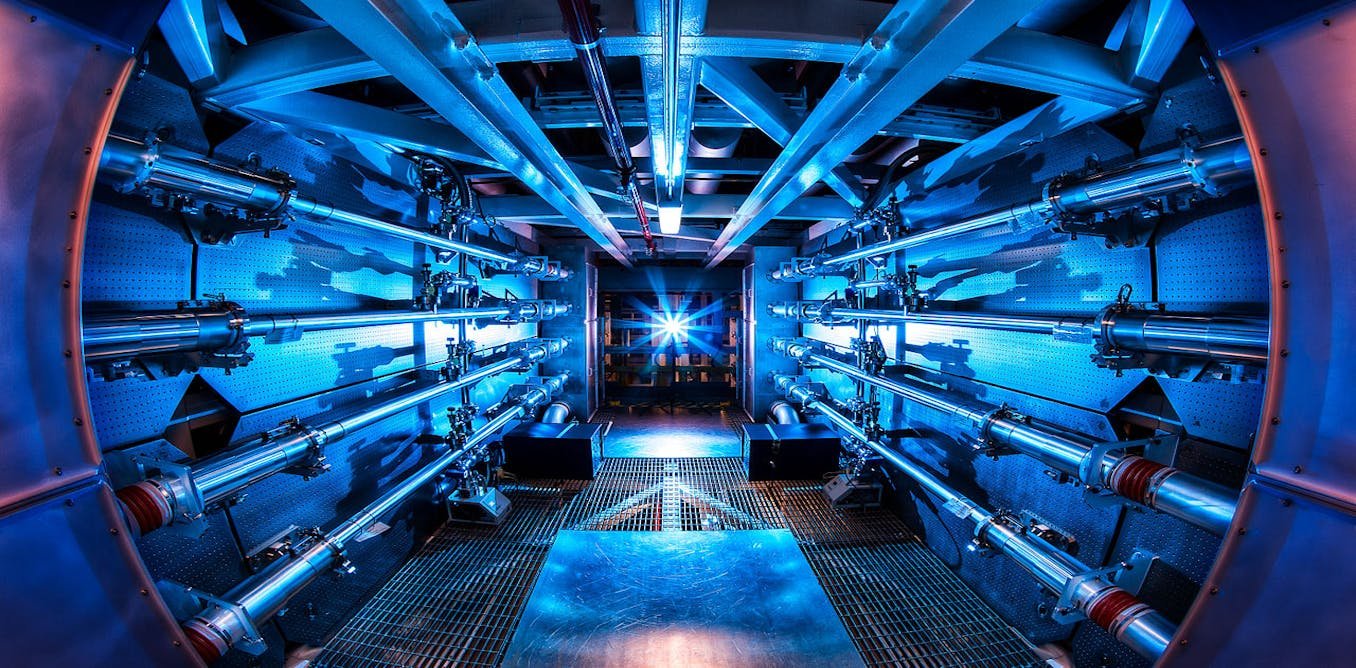
Taking a Meaningful Step Toward Nuclear Fusion
Fusion power is the energy of the future by controlling and using the energy that fuels the stars. In 2022 Google DeepMind stated to the public that they had made an AI that can control the plasma inside a nuclear fusion reactor. They worked with the Swiss Plasma Center at EPFL.
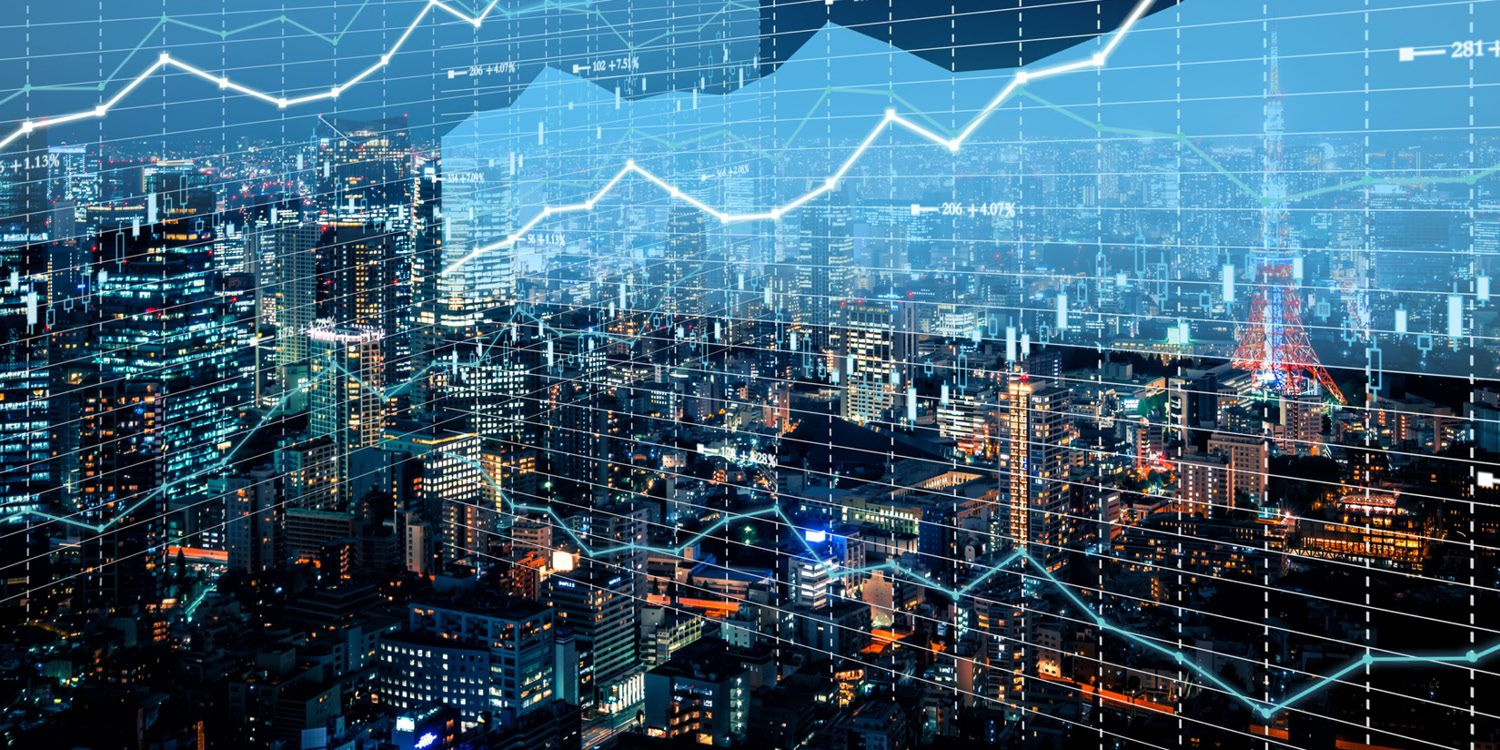
AI in Space Exploration
The AI space exploration market has grown exponentially in recent years, to $3.4 billion in 2023 and $4.4 billion in 2024, a compounded growth rate of 30 percent. By the year 2028 it is expected to grow to $12.8 billion. AI has helped in space launches, development in autonomous vehicles, the expansion of satellite operations, and AI powered robots.

Space missions involve organized endeavors to explore outer space or celestial bodies using various new modern tech like spacecraft, satellites, rovers, telescopes, and more. AI plays a crucial role in space exploration including enhancing capabilities across various aspects including autonomous navigation and advanced robotics.
Sources
“AI Statistics and Trends for 2024”, National University.
“AI Summit”, BST Global, 2025.
“Artificial Intelligence Business Strategies and Applications”, University of California, Berkeley.
“Artificial Intelligence Was about Putting AI Tools to Work In 2024”, Associated Press, 12-31-2024.
“How Artificial Intelligence Impacted Our Lives in 2024”, PBS, 12-31-2025.
“How AI Shaped a Year of Impact At CZI”, Chen Zuckerberg Initiative, 12-12-2024.
“Measuring Trends in AI”, Stanford University.
“Secure Your Strategic Edge With Gen AI”, Dataiku
“The State of AI” University of Michigan, 2024.



